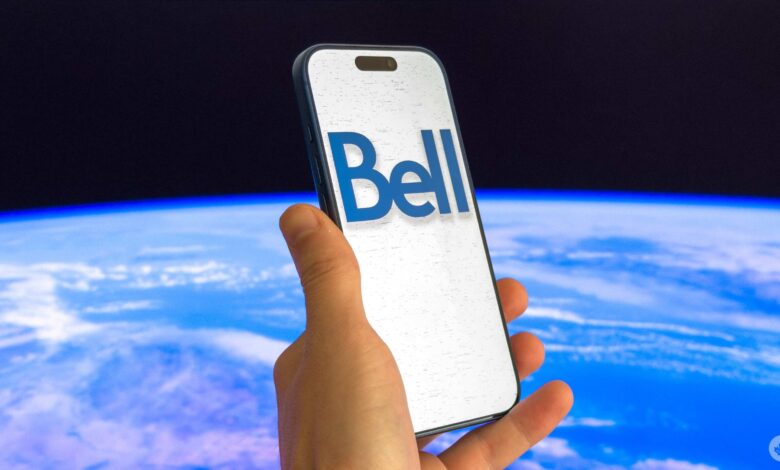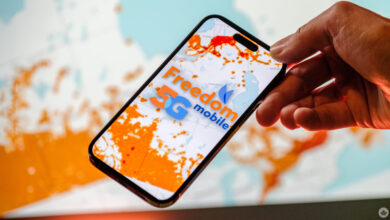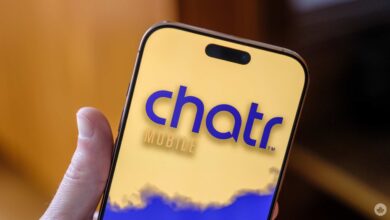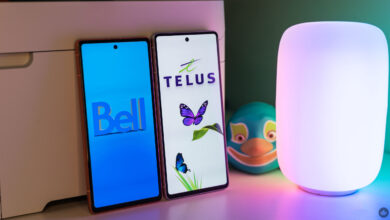Bell Set to Launch Satellite Cell Service by 2026

bell Mobility's Aspiring Satellite-to-Cell Network Plans
In a move that mirrors the initiatives of Apple and Rogers, Bell Mobility has revealed its intention to introduce a satellite-to-cell network for its users next year. This innovative service aims to enhance connectivity, especially in areas where traditional cell signals may falter.
Trial Launch on the Horizon
Bell is gearing up to initiate a trial phase for this service, with plans to roll out a paid version shortly thereafter.Unlike Rogers,which partners with Starlink Satellites,or Apple that utilizes Globalstar technology,Bell has chosen Texas-based AST SpaceMobile Inc. as its collaborator. All three companies are leveraging low-earth orbit satellites to provide their services.
The Waiting Game: Satellite Deployment
While Bell has made strides by announcing this partnership and conducting prosperous tests of the service, it still awaits AST SpaceMobile’s deployment of additional satellites necessary for completing its coverage over Canada. Although Bell possesses the required spectrum for launching this service, it must secure regulatory approval before transitioning from standard cellular operations to satellite compatibility.
A Stronger Connection Through Lower-Band Spectrum
According to a press release from Bell, the company will utilize lower-band spectrum due to its ability to provide more robust connections.Though, how effective this will be remains uncertain at this stage. Notably, all communications will route through Canadian Bell stations ensuring that data collected stays within national borders.
The Price Tag: What Can Users Expect?
The cost of using this new service is yet another point of interest among potential customers. Currently, Rogers charges $15 per month, leading manny experts to speculate that Bell might adopt similar pricing strategies when they announce their rates. It raises questions about whether tech giants like Apple or Starlink could offer competitive pricing undercutting traditional carriers’ offerings.
A Look at Current Offers from Competitors
At present,Apple's satellite services come free for two years with every new iPhone purchase while Starlink has not yet launched consumer options directly linked with cell networks.
The Future Landscape: Expanding Services?
An intriguing aspect will be whether Rogers expands beyond texting capabilities. By next year when Bell launches their offering, it would be interesting if Rogers can also include voice calls and video streaming in their package.
The Relationship Between Tech Companies and Carriers
I want to believe both tech firms might try underpricing traditional carriers but I have my doubts about that happening anytime soon since they rely on these partnerships in various ways. As a notable example, Rogers collaborates closely with Starlink by utilizing their satellites which makes it unlikely for them to jeopardize such an significant relationship over pricing disputes.
Similarly speaking about Apple—while they have significant brand power—they also depend heavily on carriers for selling iPhones so any aggressive moves against them could backfire strategically in terms of sales channels and customer relationships.
A New Era of Connectivity Awaits!
If everything goes according to plan with these developments from both companies—especially if they can simplify access without needing direct interaction with carriers—it could mark an exciting shift in how we connect across vast distances!
And don't forget! NoveByte might earn a little pocket change when you click on our links helping us keep this delightful journalism rollercoaster free for all! These links don’t sway our editorial judgment so you can trust us! If you’re feeling generous support us here.





